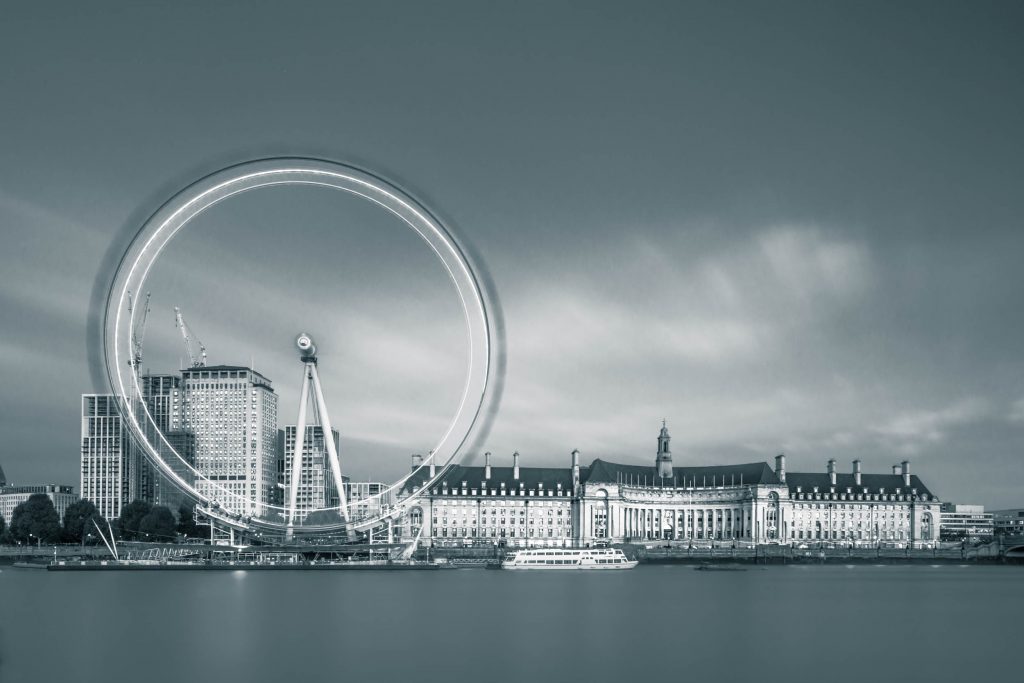January 12th, 2019

From the sordid detachment of Walthamstow, from smelly corners of Hackney, from half-cosy streets of Bethnal Green, from dangerous nooks of Wembley, failure of Uxbridge, whiffs of Jamaica at Kingston, from seemingly significant opulence of Sidcup, though deceased Dartford, jeopardy of Croydon, boredom of Hays but also through the excitement of Piccadilly, constant shoulder-brushing at Covent Garden, calmness of Richmond, splendour of Regents Park, through the lavishness of Hampstead, security of Frognal, eerie quiet of Barbican – whichever part you will find yourself this great city will offer you a love-and-hate affair. In time you might even grow to really hate it but still you cannot bring yourself to leaving it; and once you do, you long for it every day.
It does not have stunning waterfalls or open spaces where you can show your landscape creativity. It does not allow you to set our tripod whenever you want. People here move fast, not really considering others, focused on their own journey from wherever they come from to wherever they will end up in. It renders the stars in the sky invisible. Home to eight million people this city will take hold of you and take you hostage.
‘Why, Sir, you find no man, at all intellectual, who is willing to leave London. No, Sir, when a man is tired of London, he is tired of life; for there is in London all that life can afford.’ – so says famous Samuel Johnson, an English writer who made lasting contributions to English literature as a poet, essayist, moralist, literary critic, biographer, editor and lexicographer. Johnson’s A Dictionary of the English Language was published in 1755. Perhaps a small part of his infatuation with the city played the fact that he was paid for his work the sum of 1,500 guineas, equivalent to about £220,000 in 2018.
Józef Teodor Konrad Korzeniowski, known perhaps better by his assumed name Joseph Conrad, one of the greatest English-language writers (despite the fact that born into a Polish family living in the Ukraine he spoke no English until 19), left not only a lasting impact upon both English and international writing but also left us a very different account of London. In his famous novella ‘Heart of Darkness’ we find the city a vast collection of grab houses, polluted air, which ‘seemed condensed into a mournful gloom, brooding motionless over the biggest, and the greatest, town on earth.’
If you have ever visited London, or stayed there for some time, you will have developed your own understanding of the city. It was always so – just look at Houses of Parliament by Claude Monet or ‘Big Ben 2012’ by Leonid Afremov. The subject is the same, yet the takes vastly different.
For a photographer London is a true paradise. Its heart always explodes with life and bustle, its parks offer masterful compositions, and its architecture endlessly teases imagination and makes you shoot the same spots over and over again. This done-to-death city is never dead or dull, and its diversity is one of the keys to its success. It is often enough to turn into a side street to find yourself in a very different universe. Like Venice or Paris or New Your – for a discerning eye London is full of photo opportunities, regardless of the weather. We, who live here, find ourselves discover it every day and know that leaving home without a camera is tantamount to a misconduct or even photographic hooliganism.
